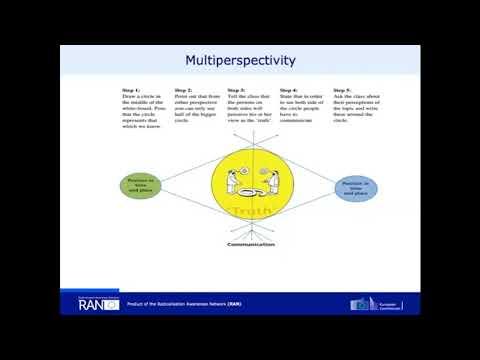The connection between the field of education and youth work is invaluable. Children thrive better in a cohesive pedagogical and educational climate. Teachers and youth workers play a big role in this environment, and collaborate with all kinds of people and organisations in neighbourhoods that play a role in the upbringing of youth. No uniformity, but a coherent pedagogical approach aimed at strengthening democratic citizenship among young people.
Schools have the objective to provide a safe and respectful environment for their students and function as a lab for democracy. One of their central roles is to ensure all students experience democracy and therefore understand democratic and social values to form their identity and prepare them for adulthood and a fully-fledged citizenship. Schools offer a safe environment where emotions and opinions can be dealt with, but they are also a place where extreme opinions can be shared and expressed/voiced. This can be disrupting or even threatening and, at times, very challenging for professionals.
Similarly, youth workers are in regular contact with youth in the streets, at youth centres or online. They know what young people struggle with, and like teachers, they play a role in facilitating discussions on controversial topics in a productive and meaningful manner. They also support youth in building life skills, develop healthy relationships, build resilience, develop critical thinking skills and guide them in making the right decisions. Youth workers form the connection between school and life outside of school.
The working group is set up to connect these professions and their experiences, which combined, can play an invaluable role in the prevention of extremism and radicalisation. It will focus on the need to better equip teachers and youth workers to support them in their role in preventing radicalisation and on strengthening the cooperation between the two sectors. The aim is to raise awareness of the topic as well as empower and build capacities for teachers and youth workers to address radicalisation. This working group will also give young people the opportunity to exchange ideas and experiences with these first-line practitioners.
Videos
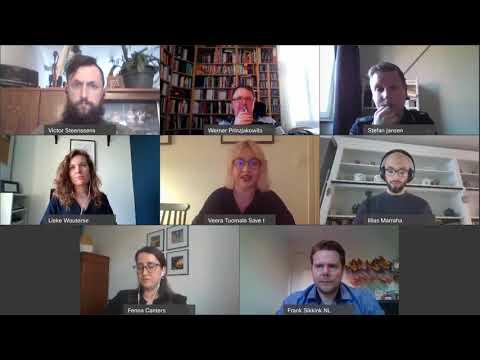
RAN Fireside Chat on Online Youth Work 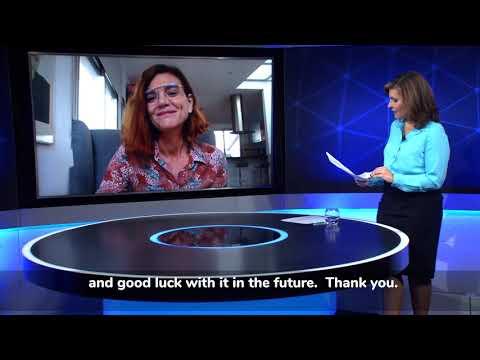
How to engage young people through sport 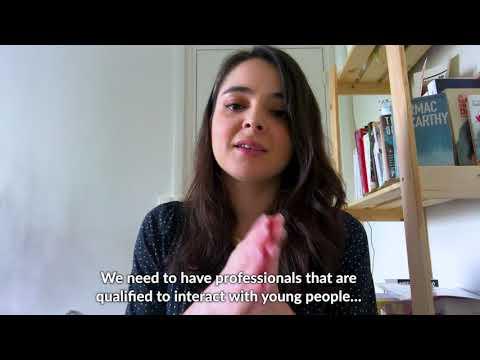
Violent right-wing extremism ‒ Young people ‒ Social media 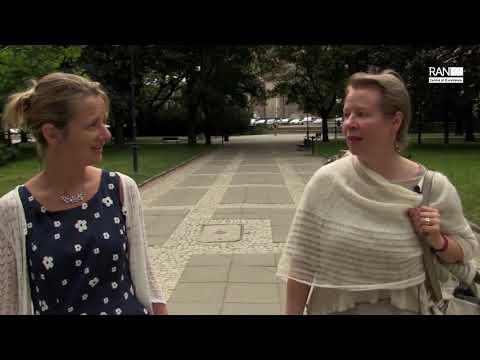
RAN Policy and Practice (Warsaw): Building resilience among young children 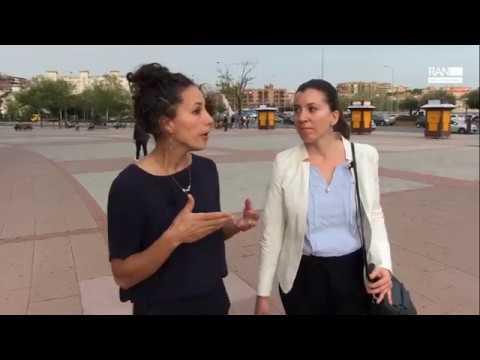
RAN Policy and Practice (Madrid): Involving young people in counter and alternative narratives 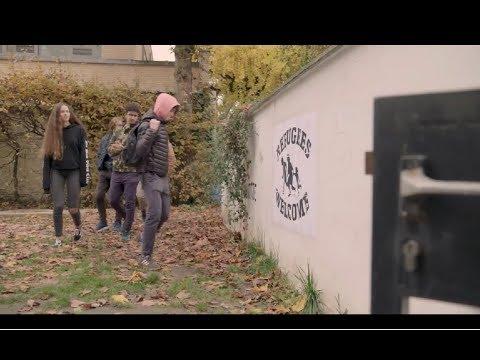
Holding difficult conversations: youth work 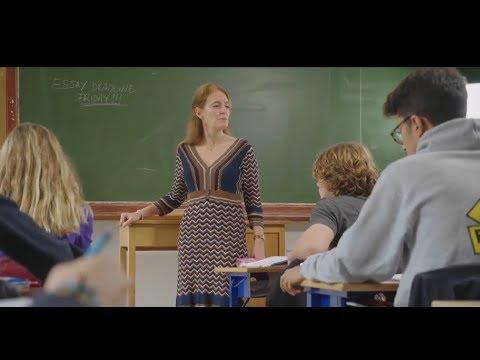
Holding difficult conversations: the classroom
Contact

Working Group leaders:
- Jan Christer Mattsson, Sweden
- Annukka Kurki, Finland
For the Working Group contact points, please see the contacts page


